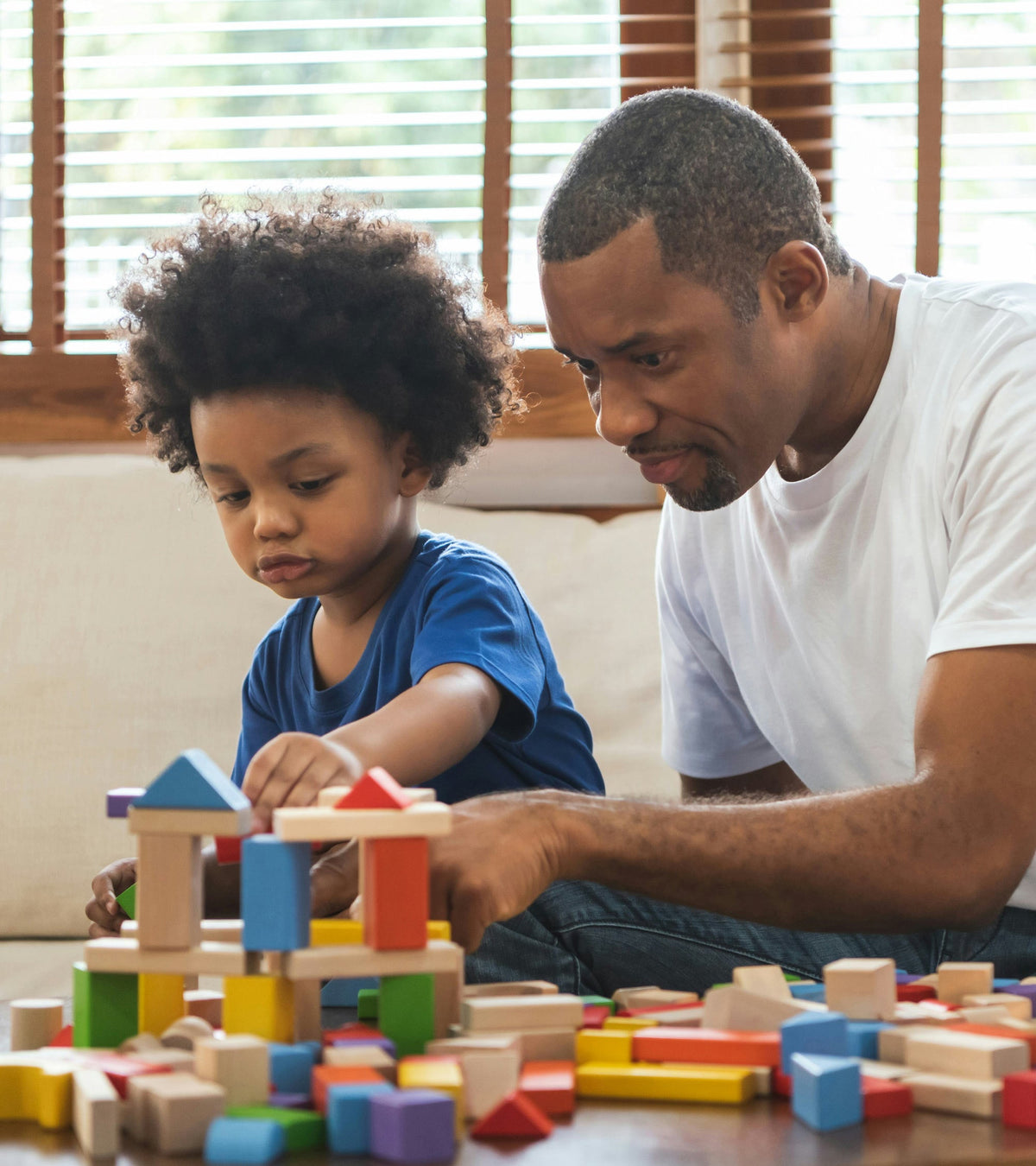
Love Languages & Kids: How to Show Your Child Love in a Way They Understand
|
Time to read 5 min
|
Time to read 5 min
Table of content
As parents, we want our children to feel deeply loved, valued, and secure. But have you ever noticed that what makes one child feel special might not mean as much to another? That’s because every child receives love in different ways.
Dr. Gary Chapman’s 5 Love Languages - originally developed for relationships - also apply to parenting, helping us understand how to connect with our children in the way that speaks to their hearts. Whether your child craves hugs, quality time, words of affirmation, acts of service, or small gifts, identifying their love language can strengthen your bond and make sure they truly feel the love you give.
Let’s dive into the 5 love languages for kids , how to recognize them, and simple ways to nurture them in everyday life.
For kids with this love language, words matter. They thrive on encouragement, compliments, and verbal expressions of love. A simple “I love you” or “I’m proud of you” fills their emotional cup.
✔️ They often seek verbal praise (“Did I do a good job?”)
✔️ They light up when you compliment them
✔️ They enjoy writing sweet notes or saying “I love you” often
💬 Start their day with an uplifting message: “You’re going to do amazing today!”
💬 Leave little love notes in their lunchbox or backpack
💬 Acknowledge their efforts: “I saw how hard you tried—that was incredible!”
📌 Extra Tip: Be specific with your words. Instead of just saying “Good job,” try “I love how patient you were with your little brother today!”
Some kids don’t care as much about what you say but rather how much time you spend with them. They feel most loved when you give them your undivided attention.
✔️ They constantly ask you to play with them
✔️ They get excited about one-on-one time
✔️ They feel hurt when they don’t get enough personal attention
⏳ Set aside 10-15 minutes of one-on-one time daily - no distractions, just focused attention
⏳ Have a “special date” with them (even a simple ice cream run or a walk counts!)
⏳ Let them choose an activity to do together
📌 Extra Tip: It’s not about how much time - it’s about the quality of that time. A few minutes of fully present connection is more powerful than an hour of distracted togetherness.
For kids with this love language, physical closeness is everything. Hugs, cuddles, high-fives, and gentle touches make them feel secure and loved.
✔️ They love to cuddle, sit on your lap, or hold hands
✔️ They often initiate hugs, kisses, or playful roughhousing
✔️ They feel comforted by physical closeness when upset
🤗 Start and end the day with a big hug
🤗 Snuggle up during storytime or movie nights
🤗 Give gentle shoulder squeezes or pats on the back throughout the day
📌 Extra Tip: If your child is feeling stressed or overwhelmed, a reassuring hug or just sitting close to them can work wonders.
Some kids feel most loved when you do things for them - especially when they’re struggling or need help. Acts of service don’t mean spoiling them; rather, it’s showing love through small, thoughtful actions.
✔️ They ask for help often (even with things they could do themselves)
✔️ They appreciate when you do little things for them
✔️ They feel comforted when you take care of their needs without them asking
🔧 Help them with a tricky project or task when they’re feeling frustrated
🔧 Surprise them by fixing their favorite snack after a tough day
🔧 Teach them how to do something new, like tying their shoes or riding a bike
📌 Extra Tip: Balance is key! It’s important to help without overdoing it - we still want to foster independence.
For some kids, receiving meaningful gifts makes them feel cherished - not because of the material item itself, but because of the thought behind it.
✔️ They get excited about small surprises, no matter how simple
✔️ They cherish sentimental objects (like a rock you found together)
✔️ They often make or give small gifts to show their love
🎁 Leave a tiny “just because” gift on their pillow (a drawing, sticker, or their favorite treat)
🎁 Give them a special keepsake, like a journal or charm bracelet
🎁 Create a “memory box” together filled with little notes and mementos
📌 Extra Tip: Gifts don’t have to be expensive - it’s the meaning behind them that counts. A homemade card or a flower picked from the yard can be just as special.
Not sure which love language your child speaks? Here are a few ways to figure it out:
Observe how they express love to YOU. Kids often show love in the way they most want to receive it.
Notice what they ask for most. Do they constantly ask for snuggles, playtime, or little surprises?
Try each love language and see what they respond to most.
📌 Remember: Most kids have a mix of love languages , but one or two will usually stand out!
The most powerful thing we can do as parents is make sure our kids feel loved in a way that truly speaks to them . By understanding their love language, we’re not just showing affection - we’re building deeper trust, emotional security, and lifelong connection.
So whether it’s through words, touch, time, acts of service, or small gifts, let’s commit to loving our kids in ways they understand and cherish.
YOU MAY ALSO LIKE
